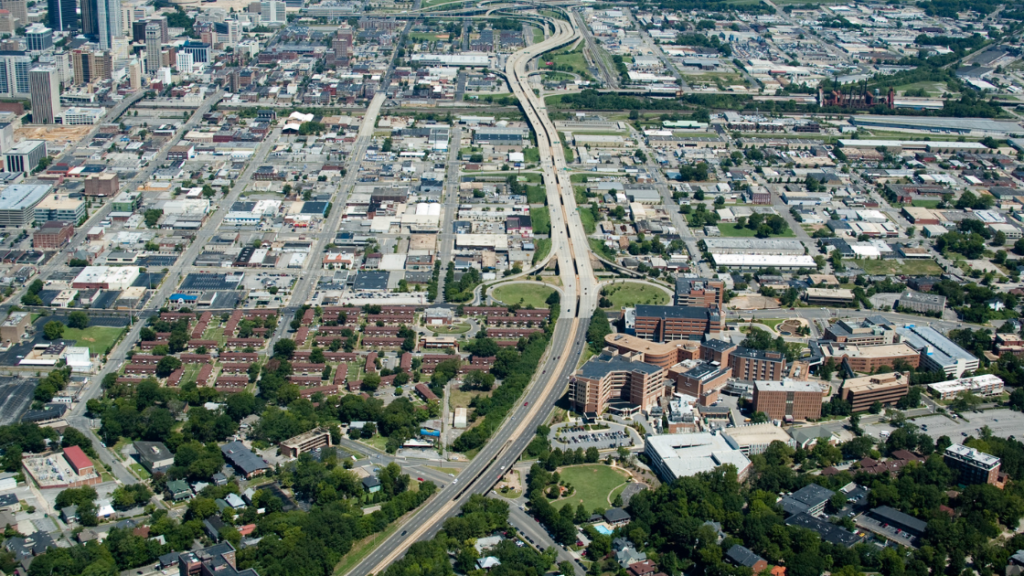
Diversifying Birmingham’s Housing Stock to Accelerate Neighborhood Revitalization
The affordable housing crisis faced by many in America has come to a head with the Covid-19 pandemic. Eviction and foreclosure rates continue to rise as moratoriums expire, and an estimated 30 to 40 million people in the US are at risk of losing their housing in the next several... Read more
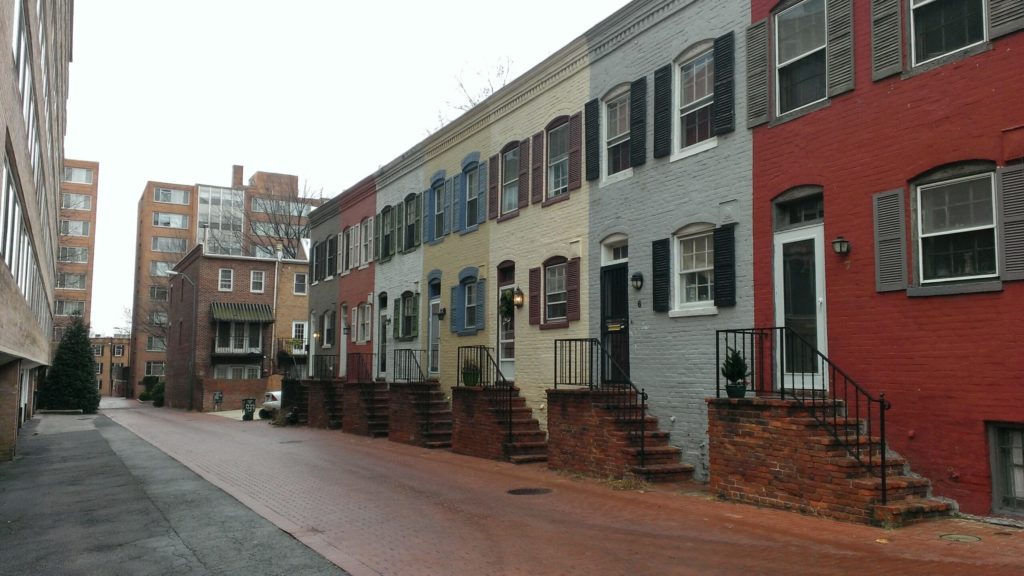
Advancing Equity Through Inclusive and Affordable Housing
The growing demand for housing in Washington D.C. has made it difficult for low- and moderate-income households to afford to live in the district. Specifically, more than 70,600 renter households in 2019 were burdened by housing costs, meaning they spent more than 30 percent of their income on housing. To... Read more
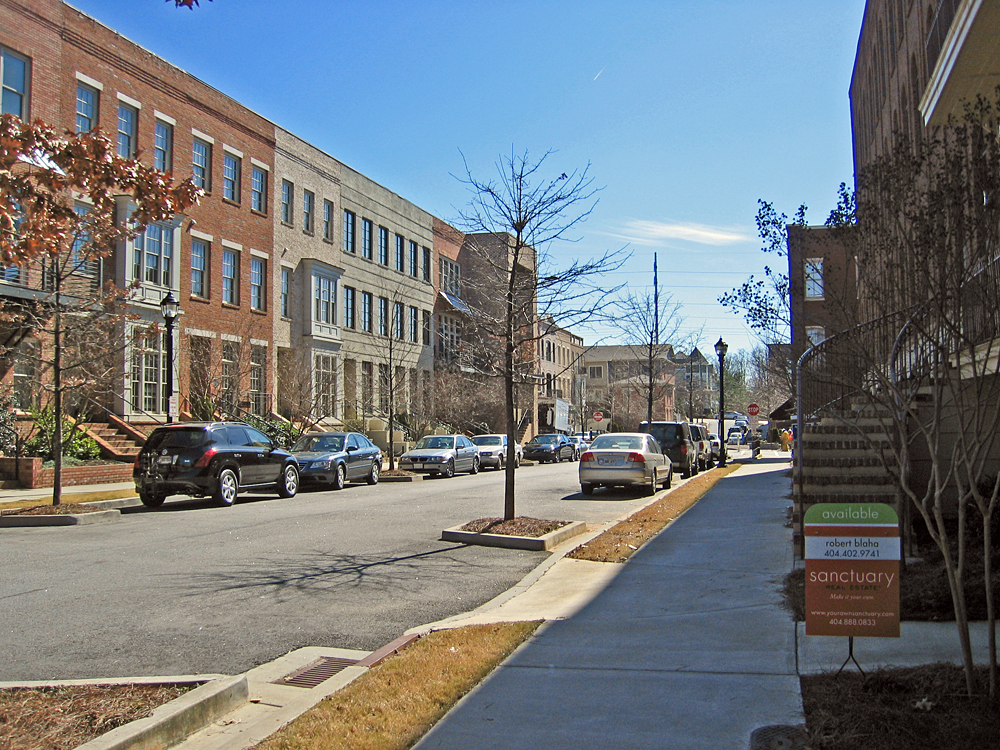
Implementing Critical Initiatives to Mitigate Displacement of Atlanta’s Black and Low-Income Communities
Home to more than 6 million people, the Atlanta region is the ninth largest metro region in the nation and it is still rapidly growing. In part because of this unprecedented population boom, Atlanta currently ranks fifth among U.S. cities experiencing gentrification, with more than 46% of its census tracts... Read more
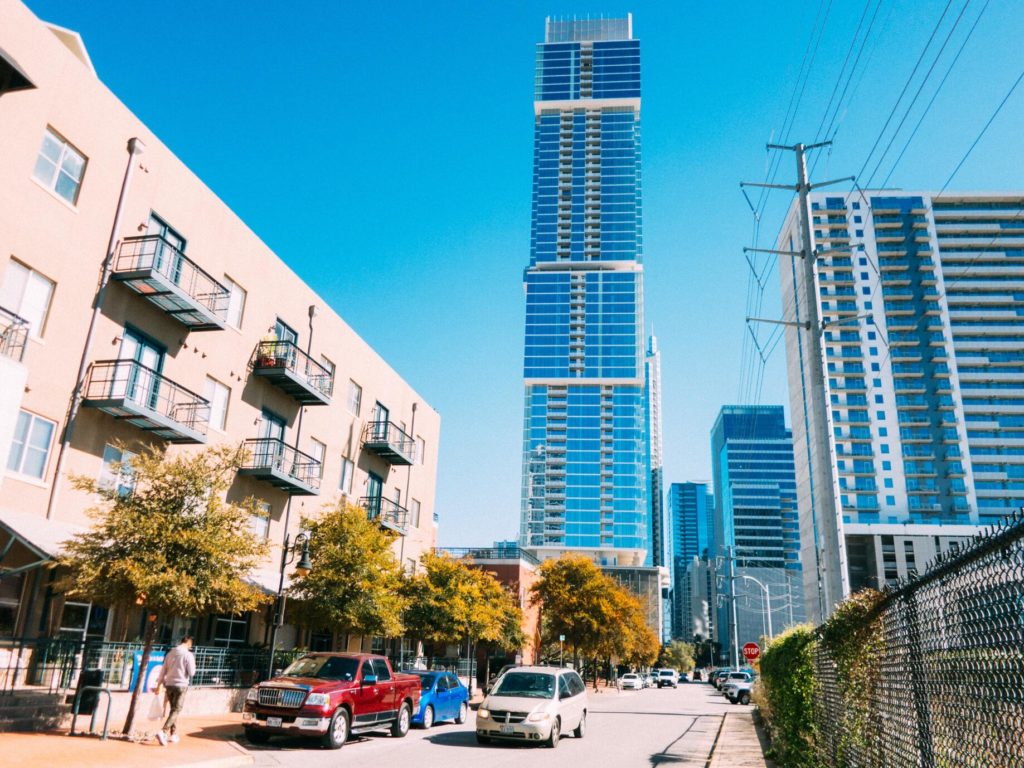
Combating Gentrification Through Innovative and Actionable Redevelopment
Austin has been one of the fastest-growing major metro areas in the country for nearly a decade, with a population closing in on 1 million and expected to double before 2040. Along with this growth, rising real estate prices, property taxes, and general cost of living have driven many longtime... Read more
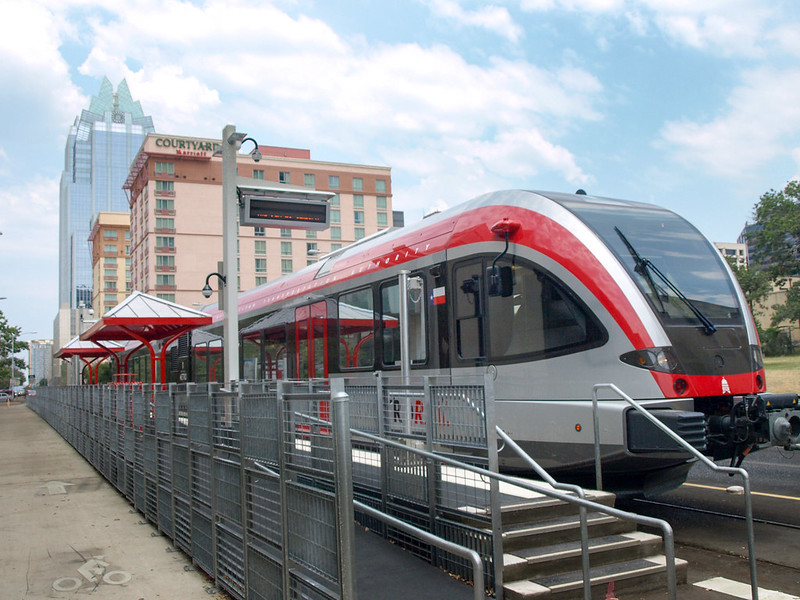
Preventing Transit Developments from Displacing Residents
Since the late 1990s, Austin has seen a dramatic rise in housing costs, with affluent young professionals moving into central neighborhoods and pushing established residents to the outskirts or out of the city altogether. This displacement is most dramatic in the same neighborhoods where Black and Latinx residents were previously... Read more
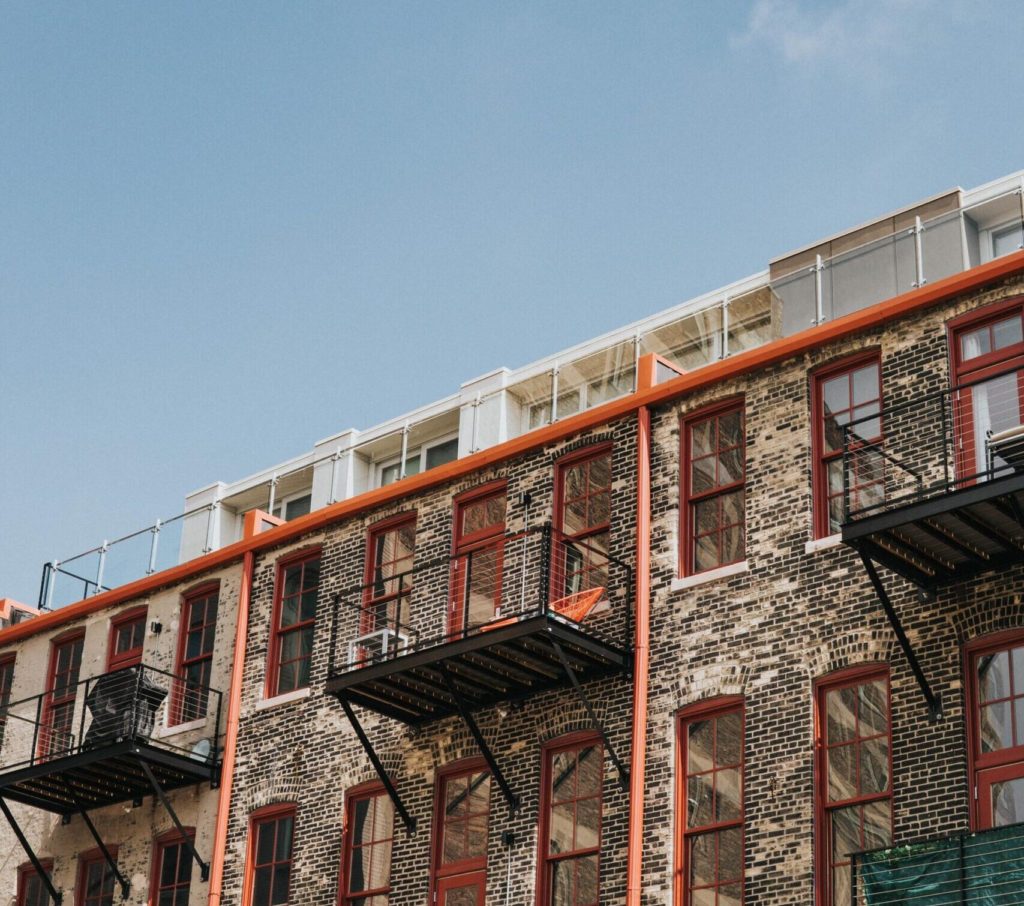
Bolstering Homeownership to Build Neighborhood Resilience
Like many U.S. cities, Milwaukee is dealing with an affordable housing crisis, with many residents often spending 50 to 80 percent of their income on rent or mortgage payments and homeownership rates dropping by nearly 14% over the last decade. Black residents in Milwaukee are especially strained, with 40% of... Read more
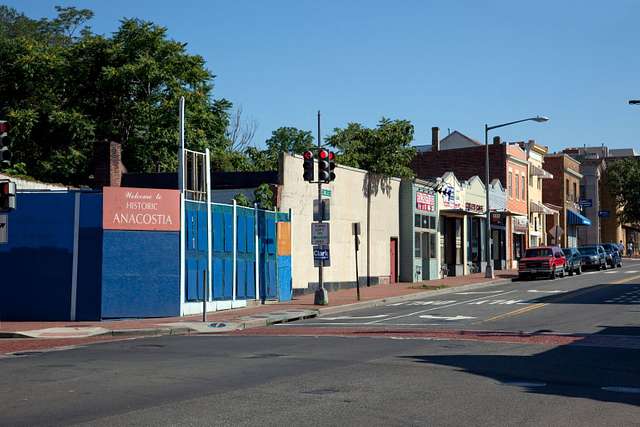
Ensuring Rent Control to Provide Equitable Housing Opportunities
Washington D.C. is working to increase the availability of affordable housing for its residents, with more than one-third of all households in the district spending more than 30 percent of their income on monthly housing payments and utilities. To help ensure equitable housing options for residents, district officials have prioritized... Read more
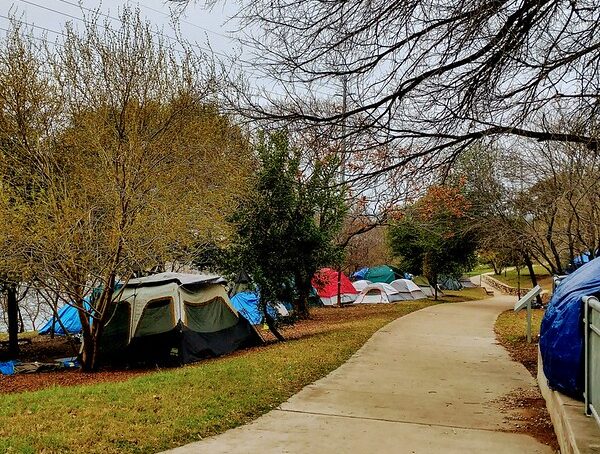
Building a Systematic Response to the Public Health Crisis of Homelessness
In Austin, city officials are working to address persistent homelessness, experienced by nearly 7,000 people in the city and Travis County each year. Moreover, Black Austinites are disproportionately experiencing homelessness; while making up 8 percent of the general population, they account for 34 percent of the unhoused population. Prioritizing homelessness,... Read more
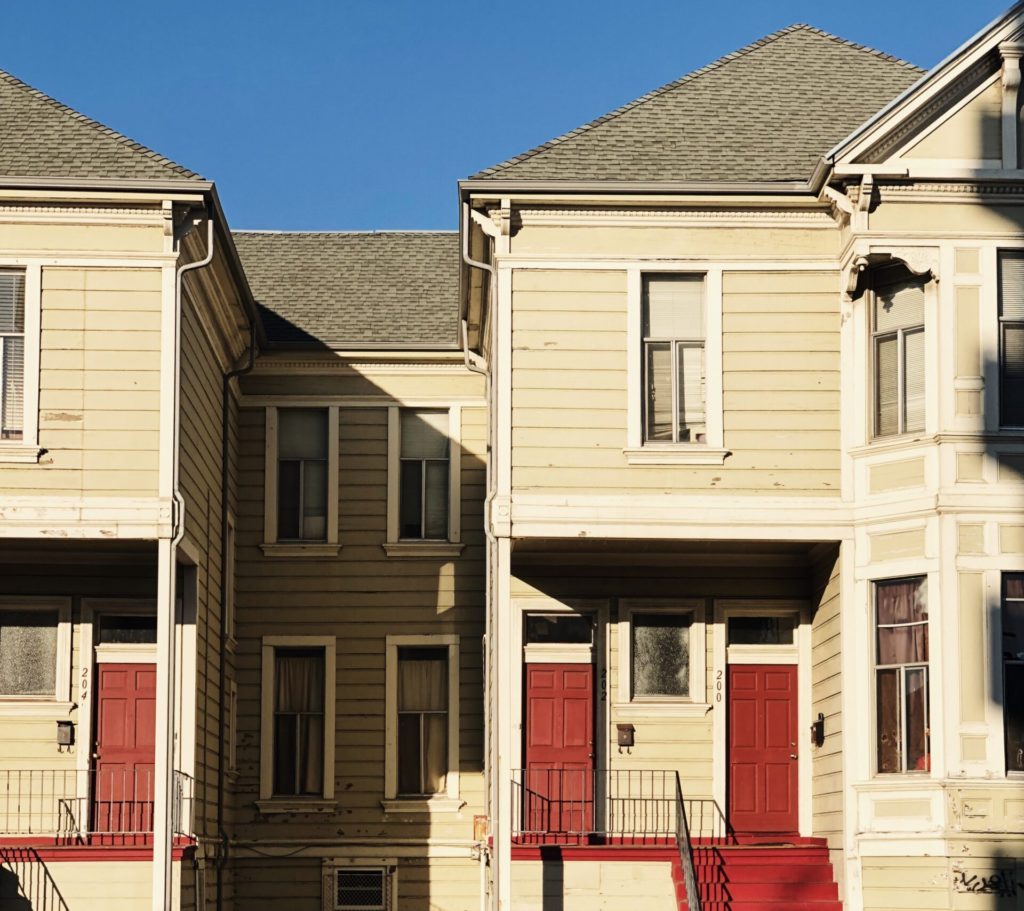
Implementing the “Better Neighborhoods, Same Neighbors” Initiative
Oakland is working to reduce racial disparities and promote economic security and opportunity for residents, especially those living in underserved neighborhoods in East Oakland. After partnering and engaging with communities in East Oakland, city officials created the Better Neighborhoods, Same Neighbors plan, which was awarded a $28.2 million multi-year Transformative... Read more
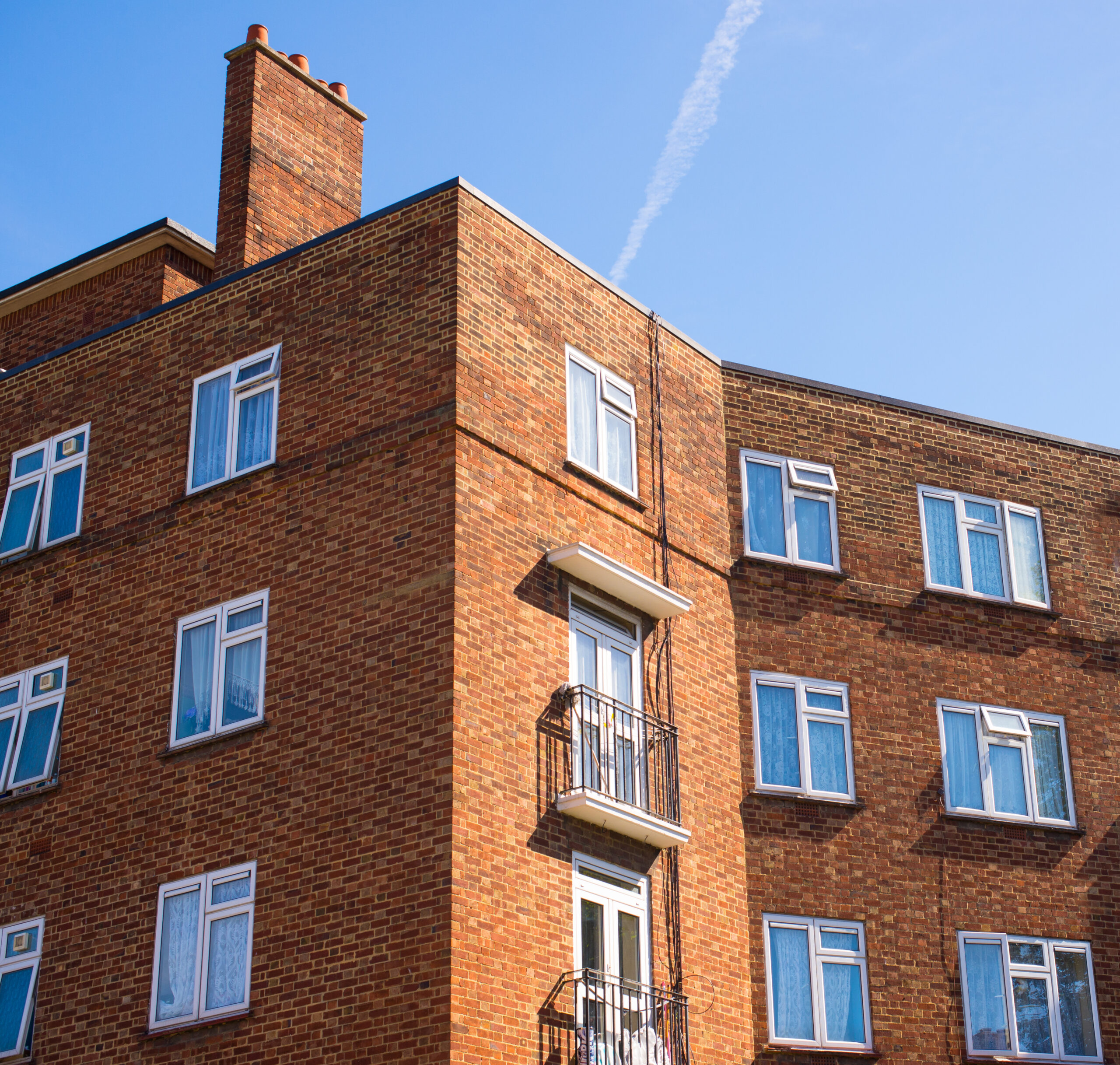
Launching a Nonprofit to Build Affordable Housing for Special Populations
Cities and counties throughout the Bay Area face a dire affordable housing crisis. In Alameda County alone, homelessness grew by 40% from 2015 to 2017, with 41% of those experiencing homelessness reporting that a serious mental illness (SMI) impacted their ability to obtain housing. The County has been experiencing a... Read more
